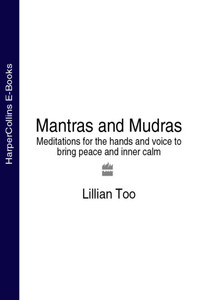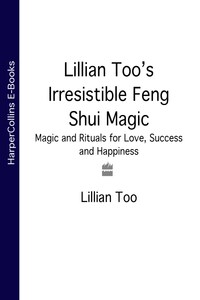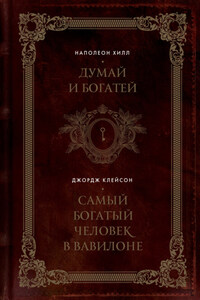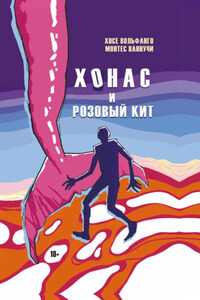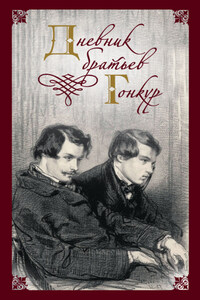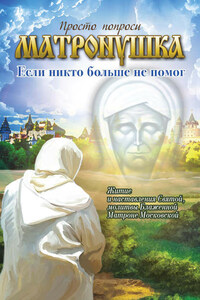This book is written with the motivation of sharing beautiful mantras and mudras with as many people as possible that they may experience the matchless bliss of spiritual awakening . . . and is dedicated to the long life of my most precious and dearest kind lama, Kyabje Lama Zopa Rinpoche. I also gratefully acknowledge the support of the FPMT (Federation for the Preservation of the Mahayana Tradition), and in particular the venerable Connie Miller, who has assisted with the checking of the precious mantras included in this book. All royalties from this book will be donated to special Buddhist charities.
My lama’s teachings are vast and profound
When an ordinary person like me
reflects, thinks, meditates, and communicates,
there is always some error in understanding.
Learned scholars,
If you find my words err
and my meanings mislead,
Please be compassionate and set me right.
Only Buddha is completely without error,
like the sun, the sky’s radiant jewel,
dispelling the darkness of night.
LILLIAN TOO
Happiness and suffering
Are dependent
upon your own mind,
upon your interpretation.
They do not come from outside,
from others.
All of your happiness and
all of your suffering
are created by you,
your own mind.
KYABJE LAMA ZOPA RINPOCHE
When we recite special mantras, or prayers, and use hand mudras (gestures) to aid our concentration, we are engaging our body, speech, and mind with the motivation of transforming our mind to develop our Buddha potential. Mantras are chanted repeatedly, because transforming the mind takes time; it is a gradual process. Practiced regularly and with sincere motivation, mantras are powerful catalysts for effecting mind transformation, which opens up wonderful pathways to gaining blessings and realizations.
Reciting mantras is not the mere vocal repetition of speech syllables. Meditators know from experience that chanting mantras transcends external sounds and words. It is like listening to a subtle, inner sound that has been inside us since beginningless time.
When you receive a mantra, transmitted by a qualified teacher, the integration of that mantra’s wisdom into your consciousness is greatly facilitated. The wisdom-power of mantras enables you to communicate more easily with your own true, inner wisdom, even as you remain detached from external distractions. These distractions impede concentration, thereby creating obstacles. When you recite mantras this agitation of the mind subsides, leaving the mind more at peace. So mantras bring out a special kind of concentration that is strong and integrated. This is known as “single-pointed” concentration.
The mantras you chant should come directly from highly realized beings, from enlightened Masters, and from the Buddha himself. Many of the most powerful Buddhist mantras continue to be chanted in their original Sanskrit, the language of the Buddha, simply because they sound so beautiful and inspiring, and contain such stunning empowerments. But mantras chanted in any language have the same power when recited with strong concentration and sincere motivation.
My teacher Rinpoche once told me this story. A monk visited a hermit, who lived alone on an island doing retreat. The hermit had given himself three years to complete chanting ten million of the powerful six-syllable mantra of the Compassionate Buddha. The hermit had been told that attaining this level of practice would awaken his yogic powers. The mantra was OM MANI PADME HUM.
The monk listened as the hermit did his mantra and, with the best intention in the world, leaned over to him and whispered, “I think you have got the pronunciation wrong. This mantra should be chanted this way . . .” and he proceeded to demonstrate. The hermit listened attentively and then watched as the monk walked back to his boat to leave the island. Ten minutes later, when the boat was halfway across the river, the monk heard his name being called and, looking around, he spied the hermit and heard him call, “Listen to this, have I got it right now?” and the hermit proceeded to chant the same mantra, but with the monk’s intonation. Astounded, the monk turned around and saw the hermit walking on the water next to the boat. In that instant, he realized that the hermit’s faith and sincerity had given his mantra recitation far more power than he had realized. Getting the intonation correct seemed almost irrelevant.
